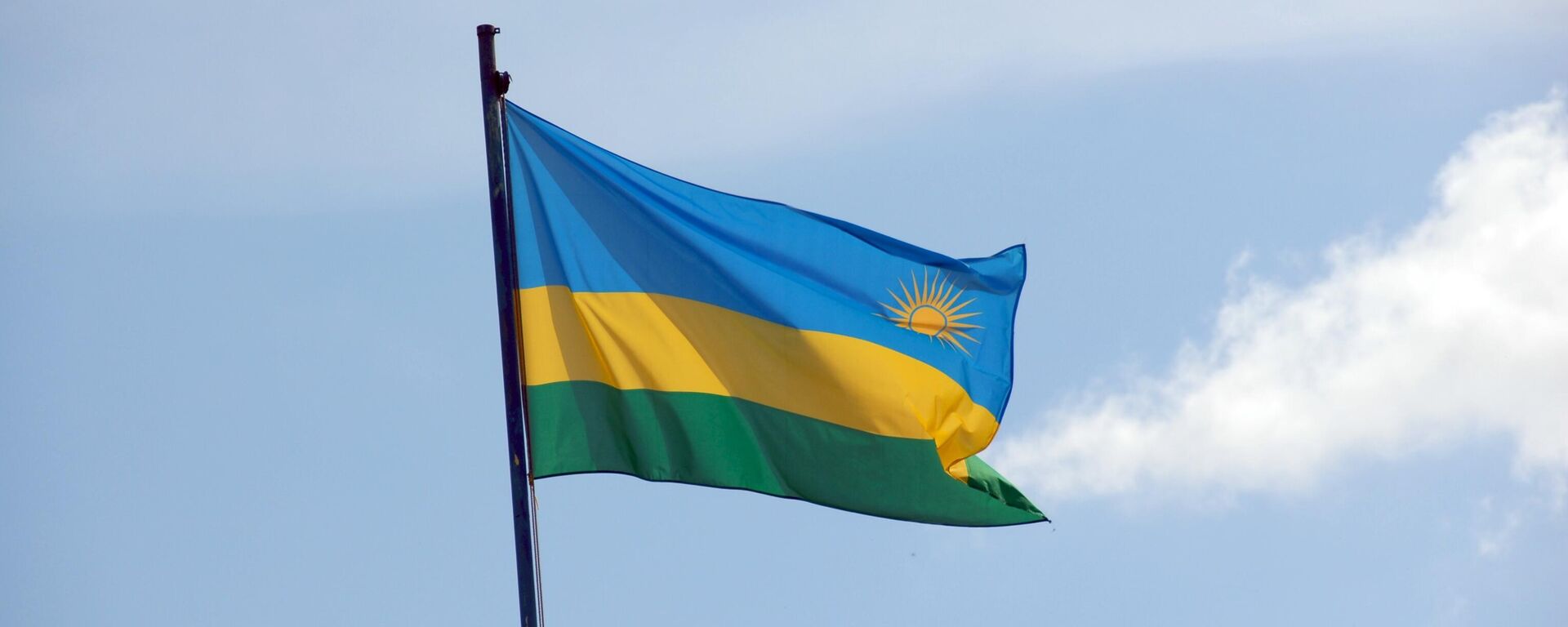https://en.sputniknews.africa/20230619/rwanda-removes-johnsons-baby-powder-from-shelves-over-safety-concerns-1060027893.html
Rwanda Removes Johnson's Baby Powder From Shelves Over Safety Concerns
Rwanda Removes Johnson's Baby Powder From Shelves Over Safety Concerns
Sputnik Africa
Thousands of lawsuits have been filed against the US multinational company Johnson & Johnson (J&J) alleging a connection between its baby powder and child... 19.06.2023, Sputnik Africa
2023-06-19T15:32+0200
2023-06-19T15:32+0200
2023-06-19T15:32+0200
sub-saharan africa
east africa
rwanda
health
johnson & johnson
zimbabwe
https://cdn1.img.sputniknews.africa/img/07e7/06/13/1060028221_0:25:3554:2024_1920x0_80_0_0_c83b8467c4944127bba077ddc36371cc.jpg
Johnson's baby powder has been revoked by the Rwanda Food and Drug Authority (RFDA) and the general public has been asked to stop using it. Although the RFDA did not provide specific explanations for the recall, campaigners have in the past asserted that several components in the powder, notably talcum, may have cancer-causing potential. Johnson's baby powder was the subject of several recalls by regulatory agencies in different nations, according to the RFDA's statement, which was released on June 17. Additionally, the RFDA cited a letter from Johnson & Johnson dated June 16.In this letter, J&J announced its global decision to stop producing and distributing baby powder that is talcum-based and switch to a variety of cornstarch-based substitutes.All importers, suppliers, and retailers of cosmetic goods were also admonished in the RFDA notification to stop bringing the powder into the country and distributing it.Earlier this month, another African nation, Zimbabwe, banned Johnson & Johnson baby powder, stating the talc it contains is extremely hazardous. Environmental health officials were directed by the country's Health Secretary Jasper Chimedza to remove all J&J baby powder products that contain talc from the market.
https://en.sputniknews.africa/20230611/rwanda-pens-deal-to-host-au-medical-agency-1059848124.html
east africa
rwanda
zimbabwe
Sputnik Africa
feedback@sputniknews.com
+74956456601
MIA „Rossiya Segodnya“
2023
News
en_EN
Sputnik Africa
feedback@sputniknews.com
+74956456601
MIA „Rossiya Segodnya“
Sputnik Africa
feedback@sputniknews.com
+74956456601
MIA „Rossiya Segodnya“
east africa, rwanda, health, johnson & johnson , zimbabwe
east africa, rwanda, health, johnson & johnson , zimbabwe
Rwanda Removes Johnson's Baby Powder From Shelves Over Safety Concerns
Thousands of lawsuits have been filed against the US multinational company Johnson & Johnson (J&J) alleging a connection between its baby powder and child diseases. Claims that J&J's products cause cancer and that the talc it used was tainted with the hazardous element asbestos have been persistently denied by the corporation.
Johnson's baby powder has been revoked by the
Rwanda Food and Drug Authority (RFDA) and the general public has been asked to stop using it.
Although the RFDA did not provide specific explanations for the recall, campaigners have in the past asserted that several components in the powder, notably talcum, may have cancer-causing potential.
Johnson's baby powder was the subject of several recalls by regulatory agencies in different nations, according to the RFDA's statement, which was released on June 17.
Additionally, the RFDA cited a letter from Johnson & Johnson dated June 16.
In this letter, J&J announced its global decision to stop producing and distributing baby powder that is talcum-based and switch to a variety of cornstarch-based substitutes.
"Given these circumstances, the Rwanda FDA has implemented precautionary measures by recalling the talcum-based Johnson's baby powder from the Rwandan market, effective from the date of this recall," the RFDA stated.
All importers, suppliers, and retailers of cosmetic goods were also admonished in the RFDA notification to stop bringing the powder into the country and distributing it.
"Rwanda FDA instructs all importers to provide a report to Rwanda FDA within 10 calendar days from the date of this recall, detailing the quantities imported, quantities distributed, quantities returned, and remaining stock of talcum-based Johnson’s baby powder," the authority also mentioned.
Earlier this month, another African nation, Zimbabwe,
banned Johnson & Johnson baby powder, stating the talc it contains is extremely hazardous. Environmental health officials were directed by the country's Health Secretary Jasper Chimedza to remove all J&J baby powder products that contain talc from the market.


